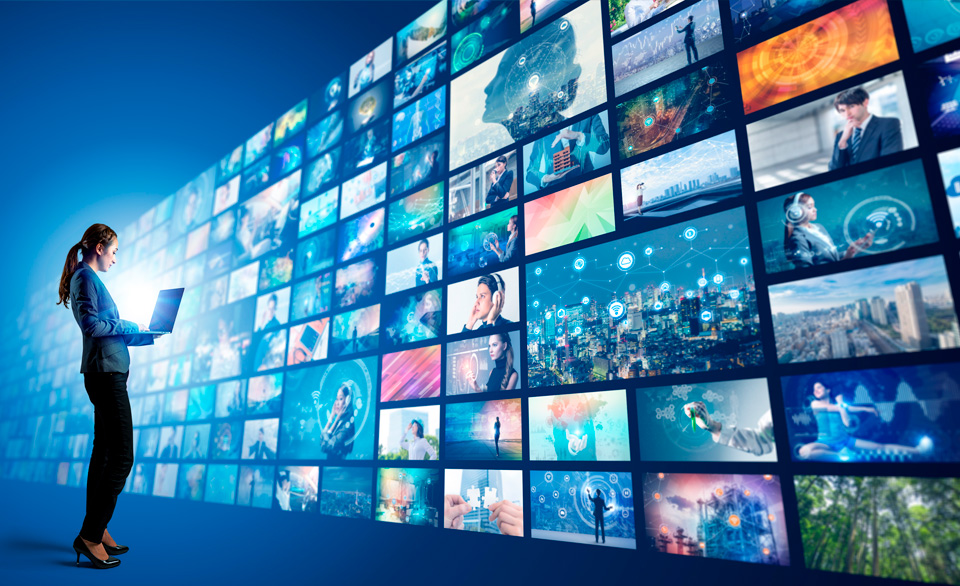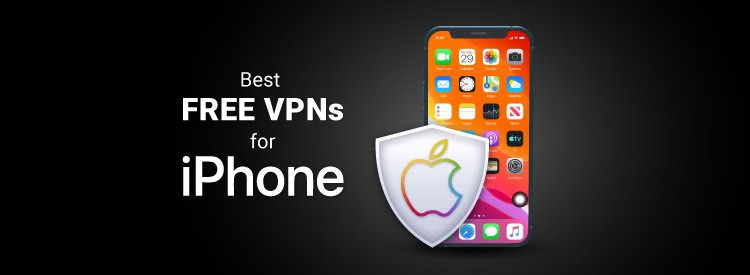Impact of Digital Communication On Interpersonal Relationships
The mpact of Digital Communication undeniable that digital communication has revolutionized the way we interact with one another.

In the age of smartphones, Impact of Digital Communication, and constant connectivity, it's undeniable that digital communication has revolutionized the way we interact with one another.
From strengthening long-distance relationships to enabling us to connect with people from all corners of the globe, the impact of digital communication on interpersonal relationships is profound and multifaceted.
In this blog post, we'll explore the many dimensions of this impact, both positive and negative, and consider how we can navigate this brave new world of communication.
The Evolution of Digital Communication
To understand the impact of digital communication on interpersonal relationships, it's essential to appreciate how communication itself has evolved over time. Not so long ago, letter writing and face-to-face conversations were the primary means of connecting with others. However, with the advent of the internet and the proliferation of digital devices, our modes of communication have expanded exponentially.
- Increased Connectivity: One of the most significant changes digital communication has brought about is increased connectivity. We can now reach out to friends, family, and colleagues in real-time, regardless of geographical barriers. This has not only made it easier to maintain relationships over long distances but has also facilitated the creation of new connections with people we might never have met otherwise.
- Diverse Communication Channels: The digital age has given us a wide range of communication channels to choose from ? text messages, emails, video calls, social media, and more. This diversity allows us to tailor our communication to different situations and preferences, making it more versatile than ever.
The Positive Impact
Now, let's delve into the positive impact of digital communication on interpersonal relationships:
1. Strengthening Long-Distance Relationships
One of the most evident benefits of digital communication is its ability to bridge the gap between people who are physically distant. Whether it's keeping in touch with family members who live abroad or maintaining a romantic relationship with someone in a different city, digital communication tools enable us to nurture these connections in ways that were previously impossible.
Video calls, for instance, allow us to see and hear our loved ones in real-time, making it feel as if they are right there with us. This visual and auditory connection goes a long way in maintaining the intimacy of the relationship.
2. Enhanced Communication
Digital communication tools offer numerous features that enhance the quality of our interactions. For instance, in a business setting, collaborative tools like Slack and Zoom facilitate smoother communication and teamwork, breaking down geographical and time zone barriers. In personal relationships, instant messaging apps keep us connected throughout the day, enabling us to share thoughts, photos, and updates effortlessly.
3. Expanding Social Circles
Digital communication platforms, particularly social media, have expanded our ability to connect with a broader range of people. We can now forge friendships with individuals who share our interests or beliefs, even if they live on the other side of the world. This not only exposes us to diverse perspectives but also creates opportunities for personal growth and enrichment.
4. Accessibility and Inclusivity
Digital communication has made it easier for people with disabilities to engage in interpersonal relationships. Text-based communication, screen readers, and other assistive technologies have leveled the playing field, allowing individuals with disabilities to participate in conversations and relationships more fully.
The Negative Impact
While digital communication has undoubtedly enriched our lives in many ways, it's essential to acknowledge the potential downsides:
1. Superficiality and Miscommunication
Digital communication often lacks the nuance of face-to-face interactions. Emotions can be misinterpreted, and important non-verbal cues, such as body language and tone of voice, may be lost. This can lead to misunderstandings and conflict, particularly in sensitive or complex discussions.
Moreover, the brevity of text messages and social media updates can encourage superficial communication, where meaningful conversations are replaced with emojis and abbreviations.
2. Overdependence on Technology
As digital communication becomes the norm, some individuals may become overly dependent on technology for their social interactions. This can lead to a decrease in the quality of in-person relationships and contribute to feelings of loneliness and isolation.
3. Privacy Concerns
With the convenience of digital communication comes the risk of privacy breaches. Social media platforms, messaging apps, and email services often collect and store vast amounts of personal data. This data can be exploited by malicious actors or used for targeted advertising, raising concerns about privacy and security.
4. Digital Addiction
The constant availability of digital communication can lead to addiction-like behaviors. Excessive use of smartphones and social media can detract from real-life interactions, negatively impacting personal relationships, work-life balance, and overall well-being.
Navigating the Digital Communication Landscape
Given the profound impact of digital communication on interpersonal relationships, it's crucial to navigate this landscape mindfully. Here are some strategies to help you make the most of digital communication while minimizing its negative effects:
1. Balance Digital and In-Person Interaction
Recognize that digital communication should complement, not replace, face-to-face interaction. Make an effort to spend quality time with loved ones in person, as these moments are essential for building deep and meaningful connections.
2. Practice Digital Etiquette
Be mindful of how you communicate online. Avoid misunderstandings by using clear and respectful language. If a conversation becomes heated, consider switching to a phone call or face-to-face meeting to resolve the issue more effectively.
3. Set Boundaries
Establish boundaries for your digital interactions. Designate "tech-free" times, such as during meals or before bedtime, to prioritize in-person relationships and personal well-being.
4. Protect Your Privacy
Take steps to protect your digital privacy. Review and adjust the privacy settings on your social media accounts, use strong and unique passwords, and be cautious about sharing sensitive information online.
5. Seek Help When Needed
If you or someone you know is struggling with digital addiction or the negative effects of online communication, don't hesitate to seek professional help or support groups. Recognizing and addressing these issues is essential for maintaining healthy relationships and well-being.
Digital communication has undeniably reshaped the landscape of interpersonal relationships. While it offers numerous benefits, such as bridging geographical gaps and expanding social circles, it also presents challenges, including miscommunication and privacy concerns.
To make the most of this digital era, we must navigate it mindfully, balancing our online and offline interactions, and using technology as a tool to enhance, rather than hinder, our connections with others. By doing so, we can harness the power of digital communication to enrich our relationships and our lives.
What's Your Reaction?















